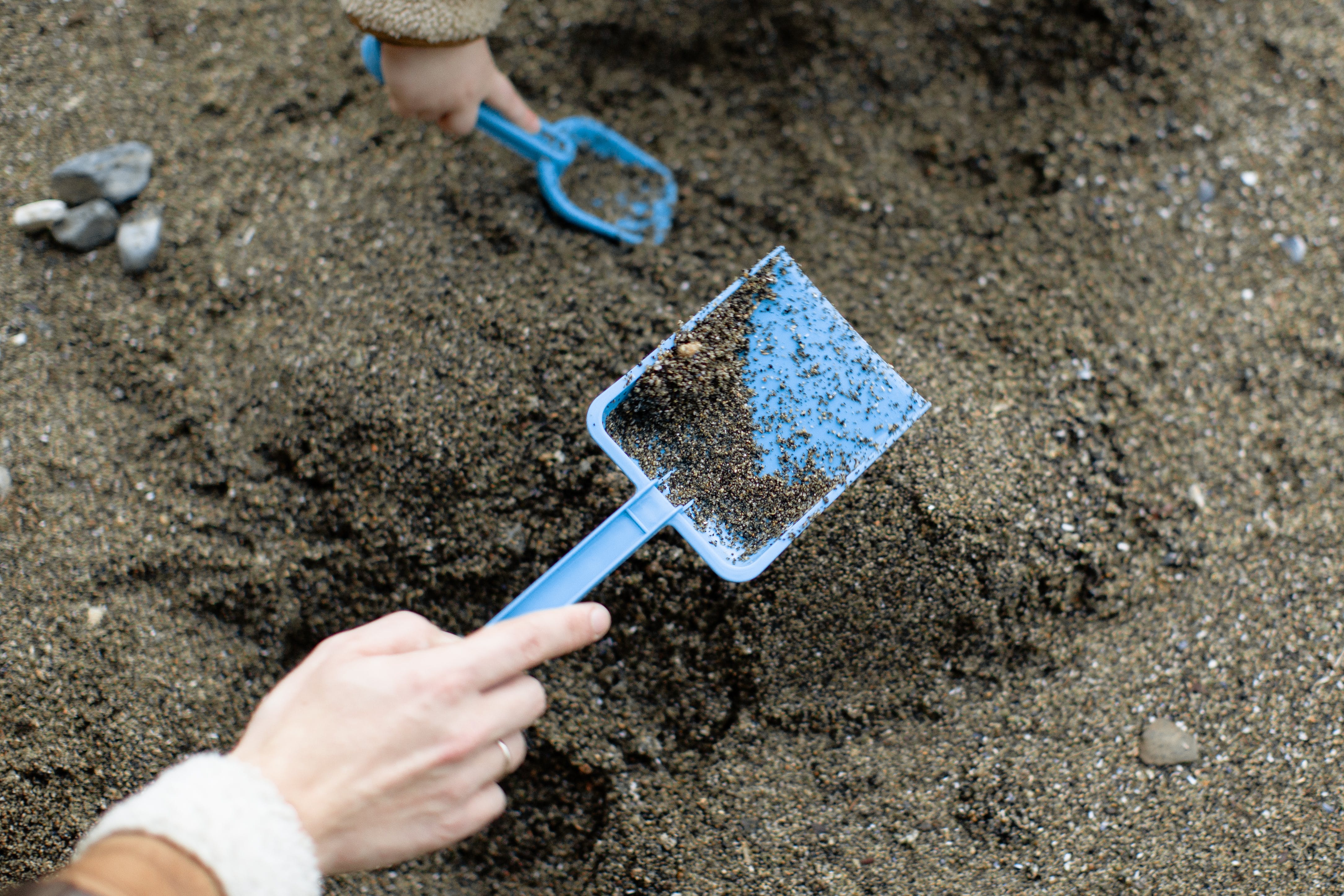Table of Contents
Infancy: The First Year of Life
The first year of a child’s life is a period of rapid growth and development. During this time, infants are completely dependent on adults for their care and well-being. They go through various physical, cognitive, and social-emotional milestones as they learn to interact with the world around them.
Physical development is a key aspect of infancy, as babies learn to control their bodies and develop basic motor skills. Newborns start out with very limited abilities, but by the end of the first year, they are able to sit up, crawl, and even walk with assistance. It’s important for babysitters to provide a safe environment for infants to explore and practice these new skills.
Cognitive development in infancy is also significant, as babies begin to learn about cause and effect, object permanence, and basic problem-solving skills. They are curious and eager to explore their surroundings, so it’s important to offer age-appropriate toys and activities that stimulate their senses and encourage learning.
Social-emotional development in infancy is centered around attachment and bonding with caregivers. Babies form strong bonds with the adults who care for them, and they rely on these relationships for security and comfort. Babysitters can support healthy attachment by being responsive to an infant’s needs, providing loving and consistent care, and building trust through positive interactions.
On-Demand Childcare in Your Neighborhood
Book a Sitter
Toddlerhood: The Terrible Twos and Beyond
Toddlerhood is often referred to as the “terrible twos” because it’s a period of intense exploration, independence, and boundary-testing. Toddlers are busy discovering their own identities and asserting their newfound autonomy, which can lead to challenges for babysitters as they navigate tantrums, power struggles, and other typical toddler behaviors.
Physical development in toddlerhood continues at a rapid pace, as children become more coordinated and gain more control over their bodies. They start to walk, run, climb, and explore their environment with a sense of curiosity and wonder. It’s important for babysitters to provide a safe space for toddlers to move and play freely, while also setting appropriate limits to ensure their safety.
Cognitive development in toddlerhood involves rapid brain growth and the acquisition of new skills and knowledge. Toddlers are eager learners who absorb information like sponges, so it’s important to engage them in stimulating activities that promote language development, problem-solving, and creativity. Babysitters can support cognitive development by reading books, singing songs, playing games, and providing hands-on learning experiences.
Social-emotional development in toddlerhood is a complex process that involves learning to regulate emotions, manage social interactions, and develop a sense of self. Toddlers are often strong-willed and prone to emotional outbursts, but they also crave love, attention, and approval from the adults in their lives. Babysitters can help toddlers navigate their emotions by offering comfort and reassurance, setting clear and consistent boundaries, and modeling positive behavior.
Early Childhood: Preschool and Kindergarten Years
Early childhood, which includes the preschool and kindergarten years, is a time of significant growth and change in children’s lives. They are becoming more independent, social, and curious about the world around them. Babysitters play an important role in supporting these young children as they develop new skills, make friends, and engage in imaginative play.

Physical development in early childhood continues to progress, as children become more agile, coordinated, and physically active. They are eager to explore the world through play, games, sports, and other physical activities that help them build strength, endurance, and motor skills. Babysitters can encourage physical development by providing opportunities for outdoor play, creative movement, and hands-on activities that promote gross and fine motor skills.
Cognitive development in early childhood is marked by significant advances in language acquisition, memory, problem-solving, and critical thinking. Preschoolers and kindergartners are curious learners who ask lots of questions, share their ideas, and engage in imaginative and creative play. Babysitters can support cognitive development by engaging children in conversations, storytelling, art and craft projects, and other enriching activities that stimulate their minds and promote learning.
Social-emotional development in early childhood is a key focus, as children begin to form friendships, express their feelings, and navigate social interactions with peers and adults. They are learning important social skills such as sharing, taking turns, cooperating, and resolving conflicts peacefully. Babysitters can help children develop social-emotional skills by encouraging positive behavior, teaching empathy and kindness, modeling effective communication, and providing opportunities for cooperative play and group activities.
Middle Childhood: Elementary School Age
Middle childhood, which encompasses the elementary school years, is a period of steady growth and development in children’s lives. They are refining their skills, interests, and identities as they navigate the challenges of school, friendships, and family relationships. Babysitters can support these children as they continue to learn, play, and grow in a variety of ways.
Physical development in middle childhood involves continued growth, changes in body composition, and the development of new physical skills and abilities. Children become more coordinated, agile, and physically active during this time, as they engage in sports, games, dance, and other activities that promote health and fitness. Babysitters can encourage physical development by providing opportunities for outdoor play, structured sports, creative movement, and other activities that keep children active and healthy.
Cognitive development in middle childhood is characterized by advances in critical thinking, problem-solving, memory, and academic skills. Children are expanding their knowledge base, improving their reading and writing abilities, and exploring new subjects and interests. Babysitters can support cognitive development by engaging children in stimulating conversations, encouraging them to read books, do homework, pursue hobbies, and explore new areas of learning that capture their curiosity and imagination.
Social-emotional development in middle childhood is focused on building strong and healthy relationships with others, developing a positive self-concept, and learning to navigate social situations with confidence and empathy. Children are becoming more independent, self-aware, and capable of managing their emotions, behavior, and interactions with peers and adults.
Babysitters can help children develop social-emotional skills by promoting positive communication, conflict resolution, teamwork, and leadership through group activities, games, role-playing, and other social experiences that encourage cooperation and collaboration.
Adolescence: The Teen Years
Adolescence, which includes the teenage years, is a period of significant change and transition in children’s lives. They are experiencing physical, cognitive, social, and emotional transformations as they navigate the challenges of puberty, peer relationships, academic pressures, and identity formation. Babysitters can support teenagers during this time by providing guidance, encouragement, and positive role modeling as they navigate the challenges and opportunities of adolescence.
Physical development in adolescence is characterized by rapid growth, changes in body shape, and the onset of puberty. Teenagers experience significant physical changes such as increased height, weight, muscle mass, and sexual maturation, as well as hormonal fluctuations that impact their mood, energy levels, and behavior. Babysitters can support physical development by promoting healthy habits such as regular exercise, balanced nutrition, adequate sleep, and proper hygiene, as well as providing opportunities for physical activity, sports, and outdoor recreation that promote physical fitness and well-being.
Cognitive development in adolescence involves the further development of critical thinking, problem-solving, decision-making, planning, and goal-setting skills. Teenagers are expanding their knowledge base, academic abilities, and career interests as they explore new subjects, pursue higher education, and consider future goals and aspirations. Babysitters can support cognitive development by encouraging teenagers to read books, engage in stimulating conversations, pursue academic interests, participate in extracurricular activities, and explore potential career paths and interests through internships, job shadowing, and volunteer opportunities that help them build skills, experience, and confidence.
Social-emotional development in adolescence is focused on building healthy relationships, developing a positive self-identity, managing emotions, making responsible choices, and navigating peer pressure with confidence and resilience. Teenagers are learning important social skills such as empathy, communication, cooperation, conflict resolution, and leadership as they interact with peers, adults, and community members. Babysitters can help teenagers develop social-emotional skills by providing a supportive and nonjudgmental environment for open communication, active listening, and positive feedback that fosters self-awareness, emotional regulation, empathy, and peer relationshi











